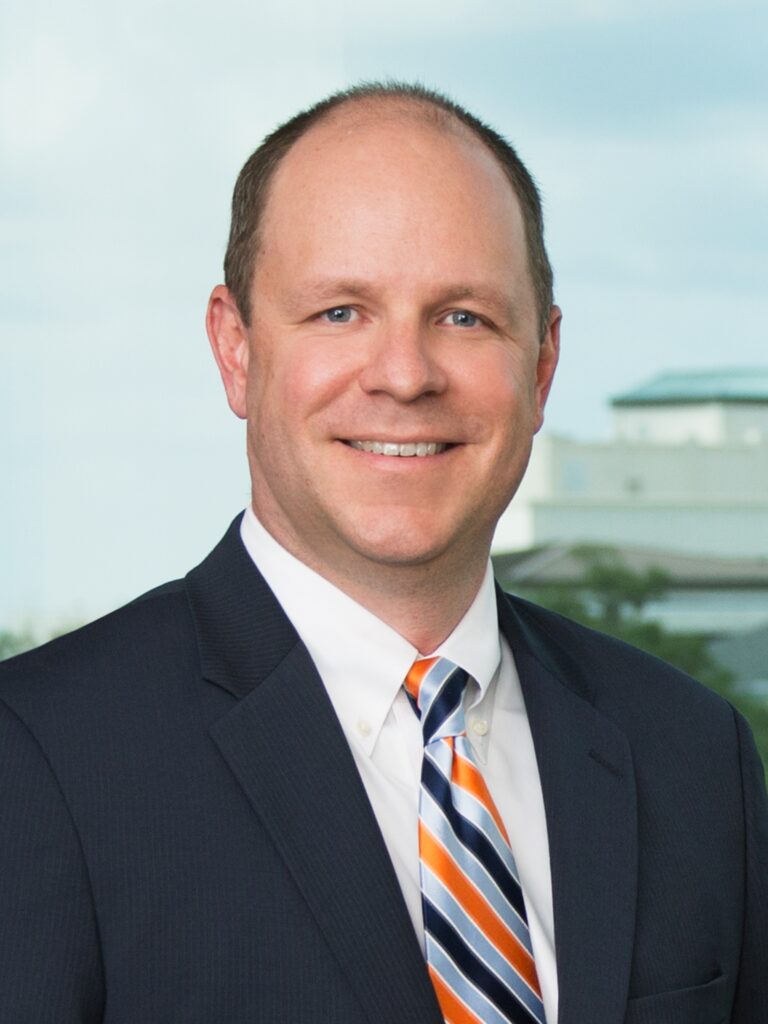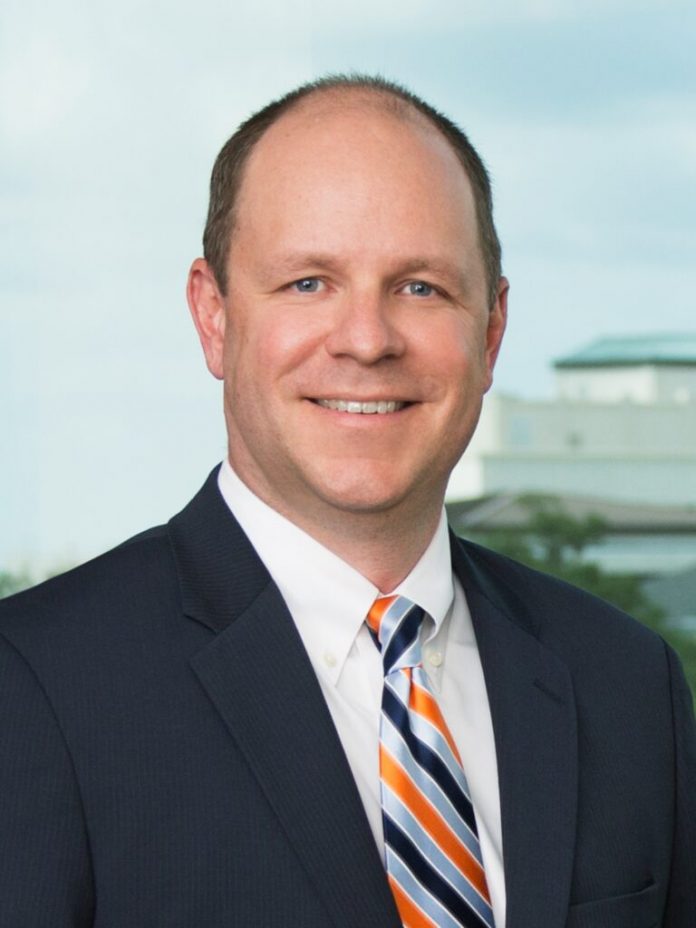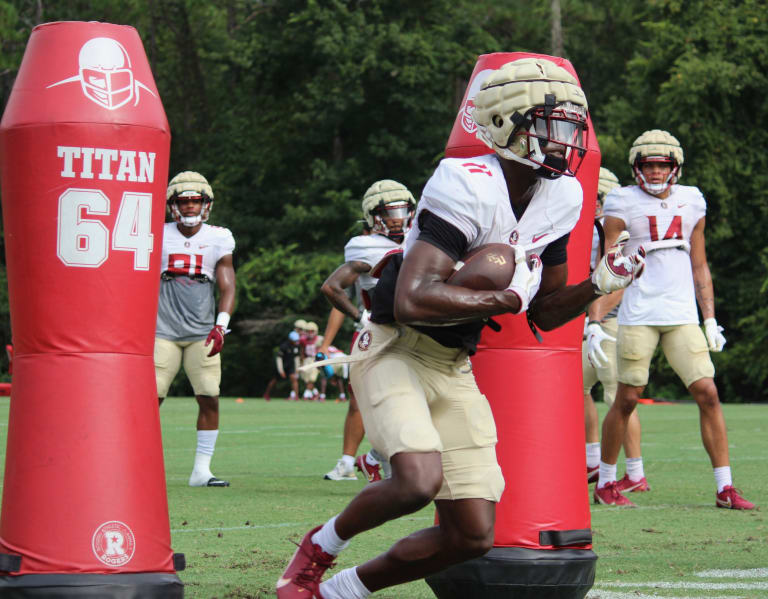 This fall, Floridians will see extra than simply their selections for President on the poll. Along with the varied state races and native initiatives, voters shall be confronted with six proposals in search of to amend the Florida Structure.
This fall, Floridians will see extra than simply their selections for President on the poll. Along with the varied state races and native initiatives, voters shall be confronted with six proposals in search of to amend the Florida Structure.
There are two methods by which these amendments are positioned on the poll. The primary is by citizen petition, whereas the second requires a 3-fifths vote of the Legislature. As soon as on the poll, an modification have to be authorized by 60% of voters to be enacted. Beneath is a breakdown of every modification on the 2020 Normal Election poll.
Modification 1
Article VI of Florida’s Structure states: “Each citizen of the US who’s at the very least eighteen years of age and who’s a everlasting resident of the state, if registered as supplied by regulation, shall be an elector of the county the place registered.” Modification 1 would change the wording from “Each” to “Solely a.”
Supporters of this measure argue it’s a essential change to stop Florida cities and counties from permitting non-residents of the U.S. to vote in elections. Opponents disagree, stating that this proposal could have no authorized influence to voting in Florida as a result of the Structure already prohibits non-residents from voting.
Modification 2
Florida’s present minimal wage is $8.56 an hour. This proposal would increase Florida’s minimal wage to $15 by 2026. It could improve the minimal wage to $10 an hour starting September 2021 and bump it up by $1 annually till it hits $15 in September 2026. Wages for tipped workers, reminiscent of restaurant servers, would rise from $5.54 per hour to $11.98 per hour. From 2027 onward, the state minimal wage could be adjusted yearly for inflation.
Proponents of this modification consider that the measure will lastly present staff with a “residing wage” and expanded buying energy, enhancing the lives of its residents whereas additionally rising the state’s economic system. Nevertheless, with Florida’s economic system already crippled by the consequences of COVID-19, opponents assert that mandating this steep improve within the state’s minimal wage would additional damage companies, drive up the price of items and companies and lead to layoffs.
Modification 3
Since 1913, Florida has been a closed major state, which means that solely voters registered as affiliated with one of many two main events can vote in that social gathering’s major — solely Democrats can vote in Democratic primaries and solely Republicans can vote in Republican primaries. This modification would open Florida’s closed major elections for state legislative, gubernatorial, and Cupboard races. Modification Three would create a prime-two open major system that will checklist all certified candidates on the first poll and permit all registered Florida voters, together with these with out social gathering affiliation, to decide on. The highest two candidates, no matter social gathering affiliation, would transfer to the overall election. The modification would take impact on January 1, 2024, if authorized.
Supporters of this proposal argue that the modification would encourage larger voter participation by opening up closed primaries to virtually Four million voters who usually are not affiliated with one of many two main political events and lead to extra centrist candidates. Those that oppose assert that the modification would weaken the illustration of African People and different minority teams within the state.
Modification 4
This modification would require constitutional amendments to be authorized by voters twice — in two consecutive common elections, every time garnering 60% of the vote. At the moment, amendments have to be authorized solely as soon as with 60% of the vote. If handed, the change would take impact on January 5, 2021.
These in assist of this modification consider it’s at the moment too straightforward to change the state structure by poll initiative. Opponents say that requiring a second statewide vote to amend the structure is pointless and would considerably and unreasonably improve the price of citizen petition initiatives.
Modification 5
This proposal would give Florida owners extra time to protect property tax advantages. In 1992, Florida voters authorized the “Save Our Houses” modification which limits the quantity a house’s assessed worth will be elevated annually to three%. That provision was later amended to permit owners two years to switch that accrued profit to a brand new residence. Modification 5 would improve the time interval to a few years. If an proprietor doesn’t have a homestead profit for the earlier three years, they lose their accrued “Save Our Houses” profit. The change would take impact on January 1, 2021, if authorized.
Proponents of this modification deem it a shopper-pleasant proposal because it permits owners extra time to protect accrued property tax financial savings. Opponents have expressed their issues that this extension will result in a notable discount in property taxes which might be collected, stretching native coffers even additional and leaving fewer sources for important companies.
Modification 6
Florida gives a homestead property tax low cost for honorably discharged, fight-disabled veterans who’re 65 or older. At the moment, that low cost expires upon the veteran’s demise. This modification would enable a surviving partner who’s on the title and lives within the residence to proceed to obtain the low cost till she or he remarries or is deceased. If the surviving partner sells the property, they could switch the low cost to their new everlasting residence. If handed, the change would take impact on January 1, 2021.
Those that assist this modification argue it can relieve surviving spouses of the numerous monetary burden introduced on by elevated property taxes, particularly since many on this inhabitants are already residing on mounted incomes. Opponents fear, nevertheless, that property tax revenues statewide will fall considerably, creating extra monetary pressure on native authorities.
For extra data, please contact Chris Lyon at clyon@llw-regulation.com.











